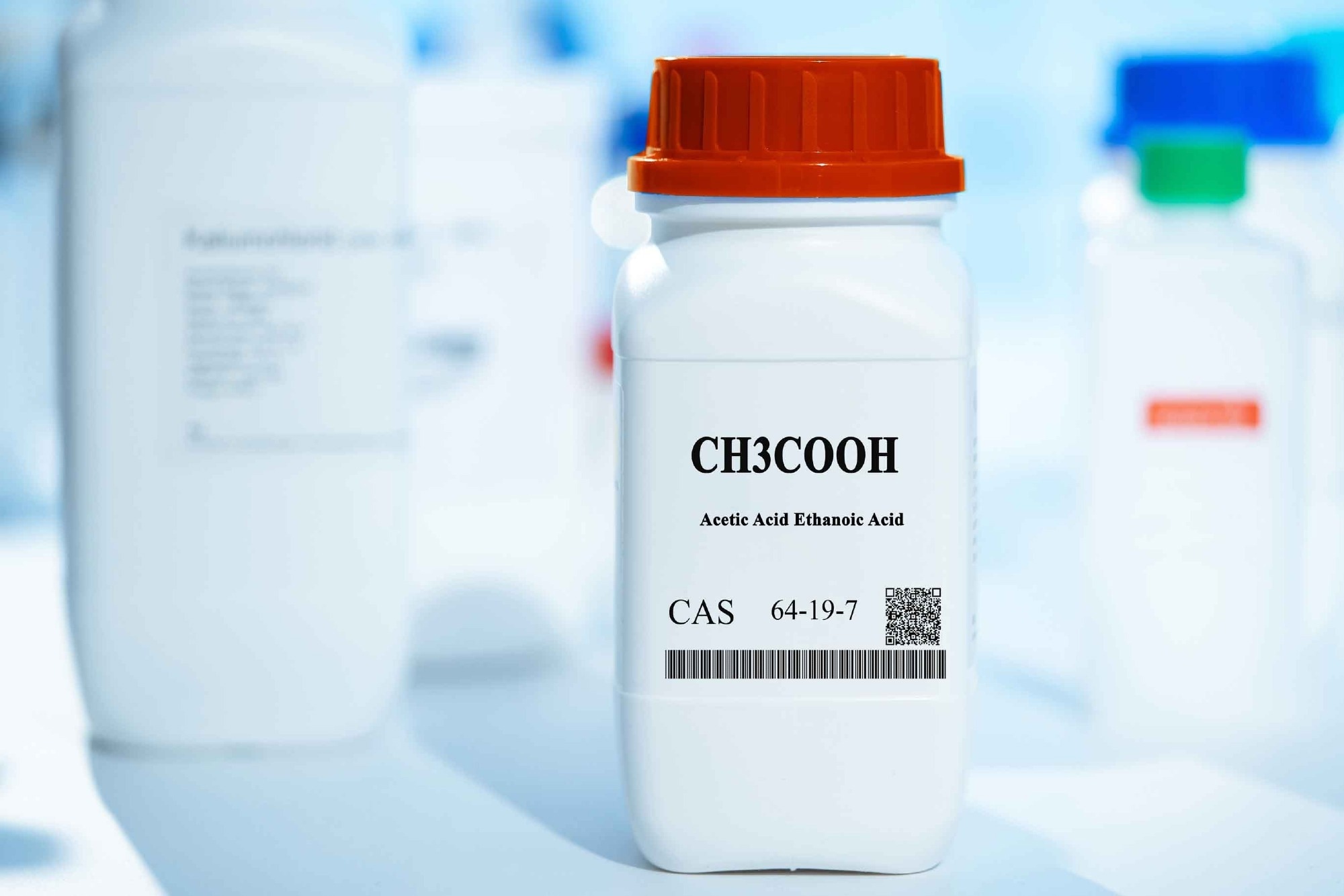Adding cobalt-doped carbon nanoparticles to vinegar enhances vinegar's antibacterial power, creating a non-toxic treatment against drug resistant bacteria and chronic wound infections.
 Image Credit: luchschenF/Shutterstock.com
Image Credit: luchschenF/Shutterstock.com
A collaborative study between QIMR Berghofer, Flinders University, and the University of Bergen has demonstrated that antimicrobial nanoparticles made from carbon and cobalt can significantly improve vinegar's ability to kill harmful bacteria. Their findings have been published in ACS Nano.
By combining these nanoparticles with diluted acetic acid (or vinegar), the researchers have developed a formula that could combat bacterial infections more effectively and could help against antibiotic resistance.
Chronic, non-healing wounds are often driven by persistent bacterial infections and pose serious health risks, particularly for older adults and people with conditions such as diabetes and cancer. Vinegar has long been used as a disinfectant, but it is limited by its inability to kill more resistant bacterial strains.
Molecular biologists Dr. Adam Truskewycz and Professor Nils Halberg found that their carbon-based nanoparticles, when introduced into a weak vinegar solution, could kill several high-risk bacteria, including drug-resistant Staphylococcus aureus, Escherichia coli (E. coli), and Enterococcus faecalis.
Dr. Truskewycz stated that the acidic conditions created by the vinegar caused bacterial cells to expand and absorb the nanoparticle treatment.
Once exposed, the nanoparticles appear to attack dangerous bacteria from both inside the bacterial cell and also on its surface, causing them to burst. Importantly, this approach is non-toxic to human cells and was shown to remove bacterial infections from mice wounds without negatively affecting healing.
Dr. Adam Truskewycz, Molecular Biologist, QIMR Berghofer
The study identified vinegar's antibacterial properties as a significant asset in the continuous fight against the increasing levels of antimicrobial resistance globally, which is linked to approximately 4.5 million fatalities due to infectious diseases.
Professor Halberg stated that this research demonstrated the potential of nanoparticles to enhance the efficacy of conventional bacterial therapies.
Combination treatments such as the ones highlighted in this study may help to curb antimicrobial resistance. Given this issue can kill up to 5 million people each year, it’s vital we look to find new ways of killing pathogens like viruses, bacteria, and fungi, or parasites.
Professor Nils Halberg.
Nanoparticles supercharge vinegar’s old-fashioned wound healing power
Video Credit: QIMR Berghofer
Journal Reference:
Truskewycz, A., et al. (2025) Cobalt-Doped Carbon Quantum Dots Work Synergistically with Weak Acetic Acid to Eliminate Antimicrobial-Resistant Bacterial Infections. ACS Nano. doi.org/10.1021/acsnano.5c03108.